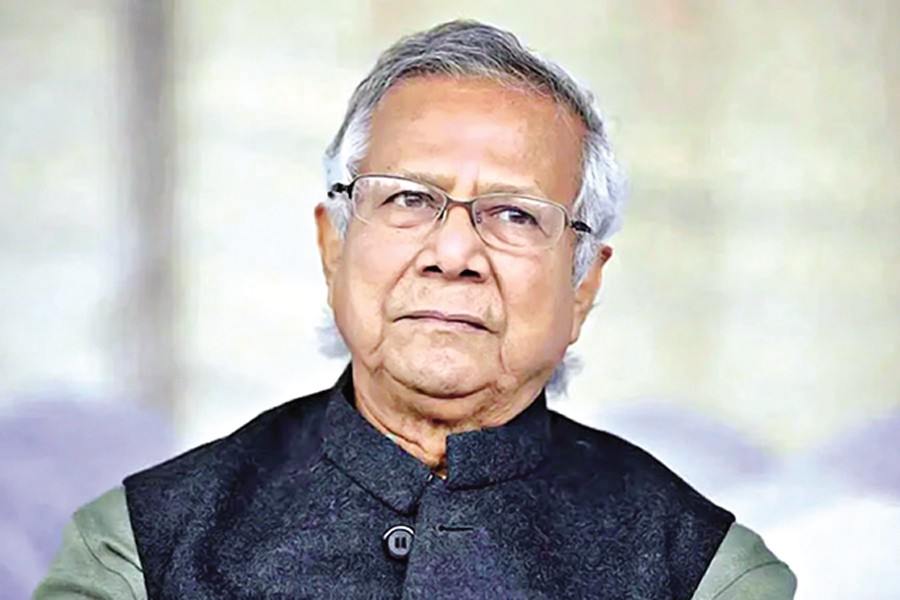

The National Consensus Commission has begun the second round of dialogue with political parties and groups.
The discussion began at the Foreign Service Academy in the capital after 4:30pm on Monday. It was inaugurated by National Consensus Commission chief and Chief Advisor Muhammad Yunus.
Leaders of 28 political parties and two alliances are taking part in the talks. Initially, 26 parties and two alliances were invited, but later the Jamiate-Ulema-e-Bangladesh and the Islami Oikya Jote were also invited.
The BNP delegation includes the party's Standing Committee Member Salahuddin Ahmed, the Chairperson's Advisor Ismail Zabiullah, and Executive Committee Member Ruhul Quddus Kazal.
Jamaat-e-Islami's Nayeb-e-Ameer Syed Abdullah Mohammad Taher, and assistant secretaries general Rafiqul Islam Khan and Hamidur Rahman Azad are participating, reports bdnews24.com.
The NCP delegation includes Convener Nahid Islam, Member Secretary Akhter Hossen and Joint Convener Sarwar Tushar.
Representatives were also in attendance from the LDP, the Ganosanhati Andolan, the Bangladesh Labour Party, Khilafat Majlis, Revolutionary Workers Party, Gono Odhikar Parishad, Communist Party of Bangladesh, BaSaD, AB Party and Nagorik Oikya are also attending.
National Consensus Commission Vice-Chairman Ali Riaz and other members of the commission are also present.
The first phase of the commission’s dialogue ran from Mar 20 to May 19 and included extensive engagements with political parties on reform proposals.
The interim government formed six reform commissions in October 2024 after the fall of the Awami League administration amid mass protests on Aug 5. These commissions submitted their recommendations in February, leading to the formation of the National Consensus Commission on Feb 12.
The commission, comprising the heads of the constitutional, electoral, judiciary, Anti-Corruption Commission (ACC), police, and public administration reform panels, was tasked with building consensus on key proposals and drafting a “National Charter.”
It officially began work on Feb 15 with a six-month mandate.
On Feb 28, the commission distributed printed versions of the six reform reports among all political parties.
A week later, on Mar 5, a spreadsheet summarising 166 key recommendations—70 on constitutional reform, 27 on electoral reform, 23 on judiciary reform, 26 on public administration, and 20 on the ACC—was shared with 38 political parties and alliances for their feedback.
Although the initial deadline for feedback was set for Mar 15, several parties requested extensions. Ultimately, 35 parties and alliances responded, with some submitting detailed commentary in addition to the completed spreadsheet.
Between Mar 20 and May 19, the commission held 45 sessions with 33 political parties and alliances, some of which participated in discussions across multiple days. The panel reported that these meetings led to agreements or partial consensus on several issues.
The second phase aims to build on that progress and move closer to finalising a framework for long-term governance reform.


 For all latest news, follow The Financial Express Google News channel.
For all latest news, follow The Financial Express Google News channel.